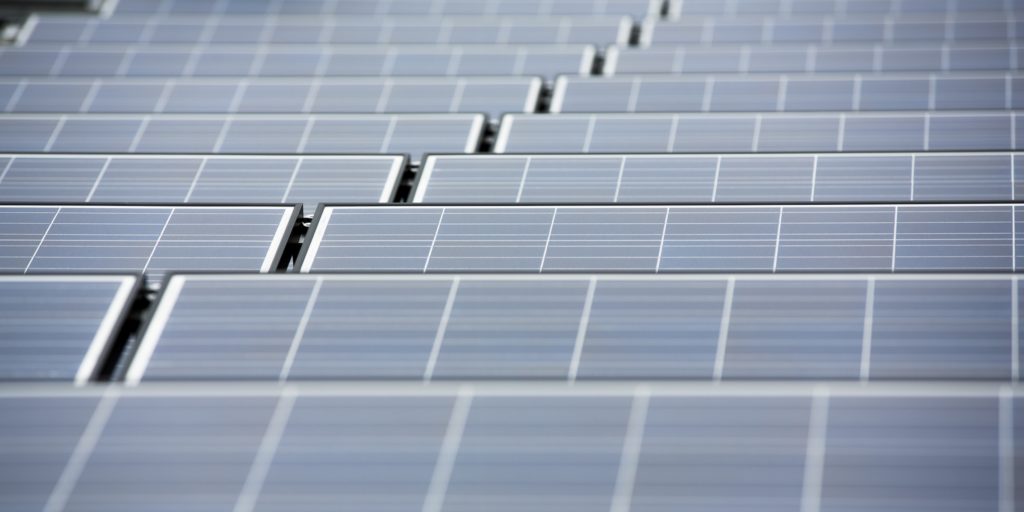Research conducted by scientists at the American Institute of Physics has demonstrated the potential of clustering-based computation to streamline and improve the inspection of PV panels.
The researchers claim the method proposed requires only knowledge of previous meteorological data, removing the need for inspection of modules on-site. The clustering-based computation used for the study, the researchers said, relies on a performance ratio based on meteorological parameters including temperature, pressure, wind speed, humidity, sunshine hours, solar power and even the date.
The model is based on a combination of the Hidden Markov Model – known from its application in reinforcement learning and temporal pattern recognition – and the Generalized Fuzzy Model, often used as an identifier for nonlinear dynamic systems and the back-propagation training algorithm.
Real-time monitoring
“The Hidden Markov Model is used to model randomly changing systems with unobserved – or hidden – states; the Generalized Fuzzy Model attempts to use imprecise information in its modeling process,” the authors of the paper wrote. “These models involve recognition, classification, clustering and information retrieval, and are useful for adapting PV system inspection methods.”
Unlike currently available technologies for measuring PV module degradation, the new model enables calculation of degradation in real time, the researchers claim. “As a result of real-time estimation, the preventative action can be taken instantly if the output is not per the expected value,” said research coordinator Parveen Bhola.
Data was collected from crystalline a-Si, p-Si, and HIT technology panels. “HIT technology panels show the highest degradation rate, followed by p-Si and a-Si technologies, in the region of study,” stated the paper.
This content is protected by copyright and may not be reused. If you want to cooperate with us and would like to reuse some of our content, please contact: editors@pv-magazine.com.




2 comments
By submitting this form you agree to pv magazine using your data for the purposes of publishing your comment.
Your personal data will only be disclosed or otherwise transmitted to third parties for the purposes of spam filtering or if this is necessary for technical maintenance of the website. Any other transfer to third parties will not take place unless this is justified on the basis of applicable data protection regulations or if pv magazine is legally obliged to do so.
You may revoke this consent at any time with effect for the future, in which case your personal data will be deleted immediately. Otherwise, your data will be deleted if pv magazine has processed your request or the purpose of data storage is fulfilled.
Further information on data privacy can be found in our Data Protection Policy.